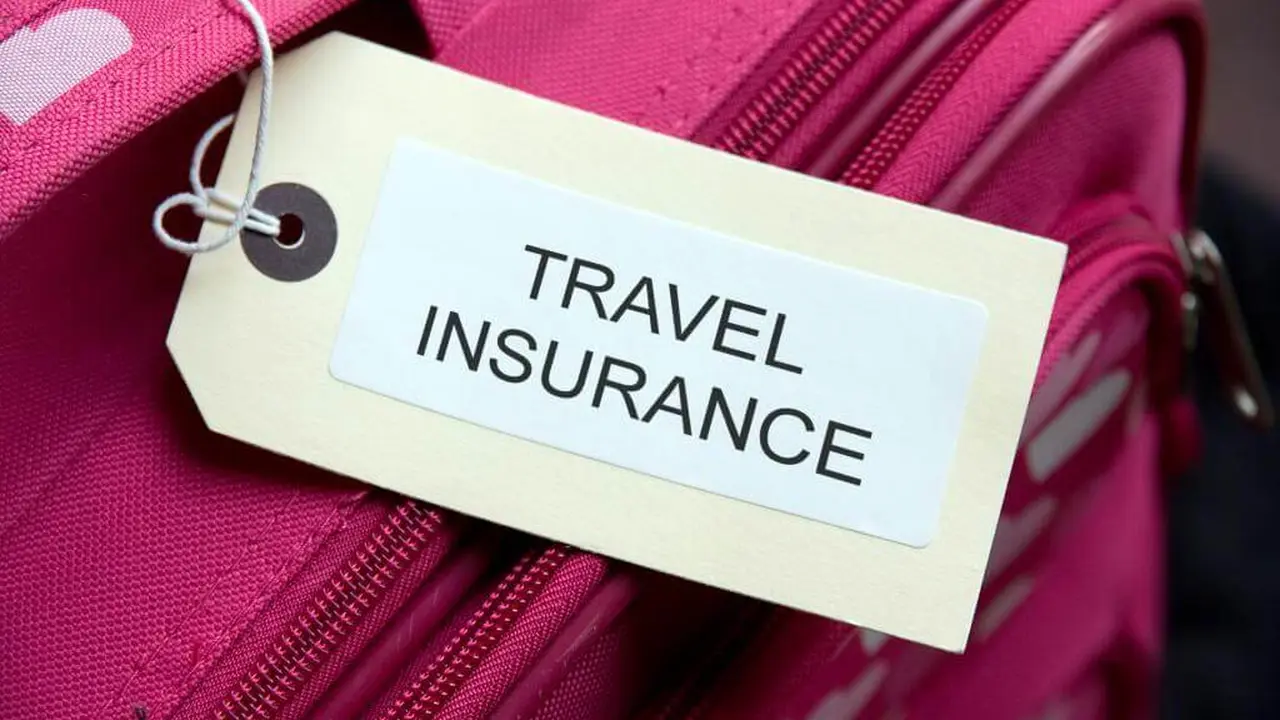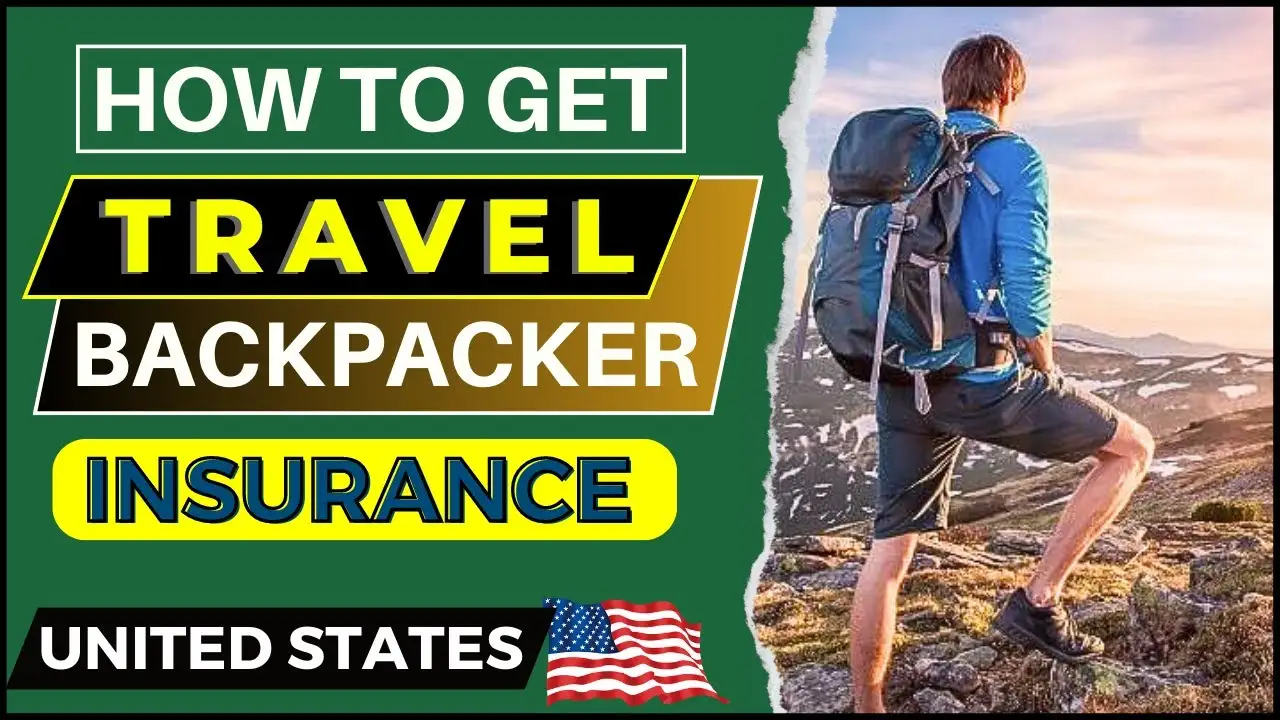Decoding Travel Insurance Jargon: A Beginner's Guide

Understanding Travel Insurance Basics: What is Travel Insurance and Why Do You Need It?
So, you're planning a trip? Awesome! But before you picture yourself sipping cocktails on a beach, let's talk about something less exciting but equally important: travel insurance. Think of it as your safety net, your "oops, just in case" fund for all the unexpected bumps in the road. We're not just talking about lost luggage (though that's covered too!). Travel insurance can protect you from medical emergencies, trip cancellations, delays, and even lost or stolen belongings. Seriously, things happen. And being prepared can save you a whole lot of stress (and money!).
Why do you *need* it? Imagine this: you're hiking in the Swiss Alps, twist your ankle, and need a helicopter rescue. Or your flight gets cancelled due to a volcanic eruption (it happens!). Or your passport and wallet get swiped in Rome. Without travel insurance, you're on the hook for all those expenses. And those expenses can be HUGE. Travel insurance takes the sting out of these situations, providing financial protection and peace of mind.
Decoding Different Types of Travel Insurance Coverage: Finding the Right Coverage for Your Trip
Okay, so you're convinced you need travel insurance. Great! But now you're faced with a bewildering array of options. Don't panic! Let's break down the most common types of coverage:
- Trip Cancellation/Interruption Insurance: This is your "life happens" coverage. If you have to cancel or cut short your trip due to illness, injury, or other covered reasons (like a family emergency), this can reimburse you for non-refundable expenses like flights, hotels, and tours.
- Medical Expense Coverage: This covers medical bills if you get sick or injured while traveling. This is *crucial*, especially if you're traveling outside your home country, where your regular health insurance might not cover you. It can also cover emergency medical evacuation, which can be incredibly expensive.
- Baggage Loss/Delay Insurance: If your luggage gets lost, stolen, or delayed, this can reimburse you for the cost of replacing essential items. Think toiletries, clothes, and medications.
- Travel Delay Insurance: If your flight or other transportation is delayed, this can cover expenses like meals and accommodation while you wait.
- Accidental Death & Dismemberment (AD&D) Insurance: Provides a lump-sum payment in the event of accidental death or dismemberment during your trip. Hopefully, you'll never need it, but it's good to have.
Which coverage is right for you? It depends on your trip. Are you going on a relaxing beach vacation? Or a challenging backpacking adventure? Do you have any pre-existing medical conditions? Are you traveling with expensive equipment? Consider these factors when choosing your coverage.
Travel Insurance Product Recommendations: Comparing Plans and Finding the Best Value
Alright, let's get down to brass tacks. Here are a few travel insurance providers and plans worth checking out. Remember to get quotes from multiple providers and compare the coverage, deductibles, and exclusions carefully.
- World Nomads: Popular with backpackers and adventure travelers. Offers comprehensive coverage for a wide range of activities, including extreme sports. They have two main plans: Standard and Explorer. The Explorer plan offers higher coverage limits and includes coverage for more adventurous activities.
- Use Case: Backpacking through Southeast Asia, hiking in Patagonia, scuba diving.
- Pros: Flexible coverage, covers many adventure activities, easy to file claims online.
- Cons: Can be more expensive than other options.
- Price: Varies depending on your trip length and destination, but expect to pay around $50-$150 for a two-week trip.
- Allianz Global Assistance: A well-established provider with a variety of plans to choose from. They offer single-trip and annual plans.
- Use Case: Family vacation to Europe, cruise, business trip.
- Pros: Wide range of plans, competitive pricing, good customer service.
- Cons: May not cover extreme sports.
- Price: Varies depending on the plan and your trip details, but expect to pay around $40-$120 for a two-week trip.
- Travel Guard: Another reputable provider with a focus on trip cancellation and interruption coverage.
- Use Case: Expensive pre-booked tours, cruises, destination weddings.
- Pros: Excellent trip cancellation coverage, good for travelers concerned about unexpected events disrupting their plans.
- Cons: May be more expensive for medical coverage.
- Price: Varies depending on the plan and your trip details, but expect to pay around $60-$150 for a two-week trip.
- Seven Corners: Specializes in international medical insurance and travel medical insurance.
- Use Case: Long trips outside of your home country, especially if you have health concerns.
- Pros: Great international medical coverage, 24/7 multilingual assistance, options for pre-existing conditions.
- Cons: Trip cancellation coverage not as comprehensive as other providers.
- Price: Can range from $80-$200+ depending on coverage levels and trip length.
Travel Insurance Costs: Understanding Factors Affecting Travel Insurance Premiums and Finding Affordable Options
So, how much will this all cost? Travel insurance premiums are based on a number of factors, including:
- Your age: Older travelers typically pay more.
- Your destination: Traveling to countries with higher medical costs or political instability will increase your premium.
- Trip length: Longer trips cost more.
- Coverage amount: Higher coverage limits mean higher premiums.
- Deductible: A higher deductible will lower your premium.
- Pre-existing medical conditions: These can increase your premium or be excluded from coverage.
How can you find affordable options? Shop around! Get quotes from multiple providers and compare the coverage carefully. Consider increasing your deductible to lower your premium. And don't automatically assume the cheapest option is the best. Make sure it provides adequate coverage for your needs.
Travel Insurance Claims Process: Navigating the Claims Process and Getting Your Reimbursement
Okay, so you've bought your travel insurance and something goes wrong. Now what? Here's a quick guide to the claims process:
- Document everything: Keep copies of all your travel documents, receipts, medical records, and police reports.
- Notify your insurance provider as soon as possible: Most policies have a time limit for filing claims.
- Fill out the claim form accurately and completely: Provide all the required information and documentation.
- Be patient: The claims process can take time.
- Follow up: If you haven't heard back from your insurance provider within a reasonable timeframe, follow up to check on the status of your claim.
Pro tip: Take photos of your luggage and its contents before you leave home. This can be helpful if you need to file a baggage loss claim.
Travel Insurance Exclusions: Knowing What is Not Covered and Avoiding Common Pitfalls
It's also important to understand what your travel insurance *doesn't* cover. Common exclusions include:
- Pre-existing medical conditions (sometimes): Some policies may exclude coverage for pre-existing conditions, or require you to purchase a rider to cover them.
- High-risk activities: Some policies may not cover activities like skydiving, bungee jumping, or mountain climbing.
- Traveling against medical advice: If you're traveling against the advice of your doctor, your policy may not cover medical expenses.
- Acts of war or terrorism (sometimes): Some policies may exclude coverage for events related to war or terrorism.
- Intoxication: Injuries sustained while under the influence of alcohol or drugs may not be covered.
- Unattended belongings: Stolen belongings may not be covered if you left them unattended.
Read your policy carefully to understand the exclusions. If you're concerned about a particular exclusion, you may be able to purchase additional coverage.
Real-Life Travel Insurance Scenarios: Learning from Others' Experiences and Making Informed Decisions
Let's look at a few real-life scenarios to illustrate the importance of travel insurance:
- Scenario 1: A traveler breaks their leg while skiing in Aspen. Their travel insurance covers their medical expenses, including the cost of an ambulance ride, surgery, and physical therapy.
- Scenario 2: A family's flight to Disney World is cancelled due to a hurricane. Their travel insurance reimburses them for their non-refundable hotel reservations and theme park tickets.
- Scenario 3: A traveler's luggage is lost on a flight to Italy. Their travel insurance reimburses them for the cost of replacing their essential items, including clothes, toiletries, and medications.
These are just a few examples of how travel insurance can protect you from unexpected expenses and stress while traveling.
Finding the Best Travel Insurance Deals: Tips for Saving Money on Travel Insurance
Want to save money on travel insurance? Here are a few tips:
- Shop around: Get quotes from multiple providers and compare the coverage carefully.
- Increase your deductible: A higher deductible will lower your premium.
- Consider an annual plan: If you travel frequently, an annual plan may be more cost-effective than buying individual policies for each trip.
- Check your existing coverage: You may already have some travel insurance coverage through your credit card or homeowner's insurance policy.
- Buy your insurance early: Buying your insurance early can protect you from trip cancellation due to unforeseen circumstances.
Travel Insurance for Specific Destinations: Tailoring Your Coverage to Your Trip
Certain destinations require specific travel insurance considerations. For example:
- Europe (Schengen Area): Many countries require proof of travel medical insurance with a minimum coverage of €30,000.
- Cruises: Cruise-specific insurance is recommended to cover things like missed port departures, shipboard medical emergencies, and itinerary changes.
- Adventure Travel: Ensure your policy covers the specific activities you plan to participate in, such as mountaineering, scuba diving, or paragliding.
Research the specific requirements and risks associated with your destination to ensure you have adequate coverage.
Staying Safe and Insured: Enjoy Your Trip with Peace of Mind
Ultimately, the best travel insurance is the one that gives you peace of mind. Do your research, compare your options, and choose a policy that meets your needs and budget. Then, relax and enjoy your trip!
:max_bytes(150000):strip_icc()/277019-baked-pork-chops-with-cream-of-mushroom-soup-DDMFS-beauty-4x3-BG-7505-5762b731cf30447d9cbbbbbf387beafa.jpg)






